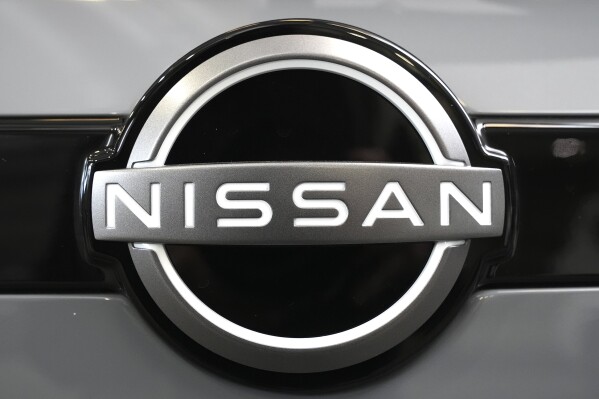Nissan, Honda confirm talks on closer collaboration but say there’s been no decision on a merger

BANGKOK (AP) — Japanese automakers Nissan Motor Corp. and Honda Motor Co. confirmed Wednesday that they are discussing closer collaboration but denied reports they have decided on a merger.
Nissan’s share price soared more than 22% in Tokyo after reports citing unnamed sources said it might merge with Honda to form the world’s third-largest automaking group. Honda’s share price fell as much as 3%.
The reports said that Nissan alliance member Mitsubishi Motors Corp. was included in the talks.
All three Japanese automakers announced in August that they planned to share components for electric vehicles like batteries and jointly research software for autonomous driving to adapt better to dramatic changes in the auto industry centered around electrification. A preliminary agreement between Honda, Japan’s second-largest automaker, and Nissan, third largest, was announced in March.
Trading in Nissan’s shares was suspended but then resumed after the companies jointly issued a statement saying they were “considering various possibilities for future collaboration, but no decisions have been made.”
A merger could result in a behemoth worth about $55 billion based on the market capitalization of all three automakers.
Joining forces would help the two companies gain larger scale to compete with Japan’s market leader Toyota Motor Corp. and with Germany’s Volkswagen AG.
Nissan has an alliance with Renault SA that is under review. Last month, it said it was slashing 9,000 jobs, or about 6% of its global work force, and reducing global production capacity by 20% after reporting a quarterly loss of 9.3 billion yen ($61 million).
Earlier this month it reshuffled its management and its chief executive, Makoto Uchida, took a 50% pay cut to take responsibility for the financial woes.
He said Nissan needed to become more efficient and respond better to market tastes, rising costs and other global changes.
Honda reported its profits slipped nearly 20% in the first half of the April-March fiscal year from a year earlier, as sales suffered in China.
The ascent of Chinese automakers is shaking up the industry at a time when manufacturers are struggling to shift from fossil fuel-driven vehicles to electrics.
Based in Bangkok, Kurtenbach is the AP’s business editor for Asia, helping to improve and expand our coverage of regional economies, climate change and the transition toward carbon-free energy. She has been covering economic, social, environmental and political trends in China, Japan and Southeast Asia throughout her career.